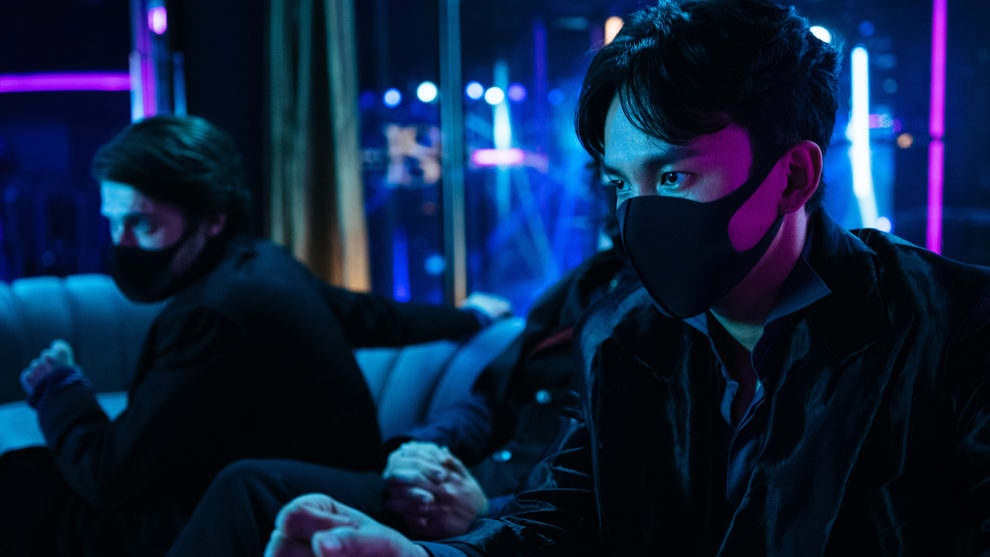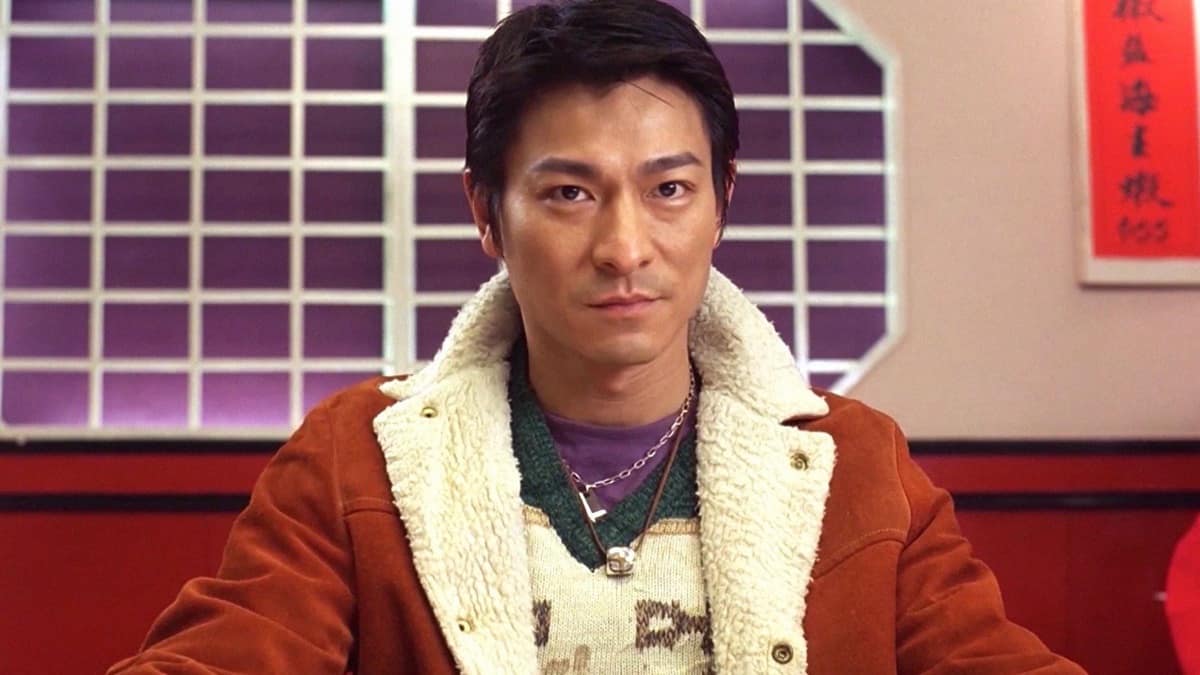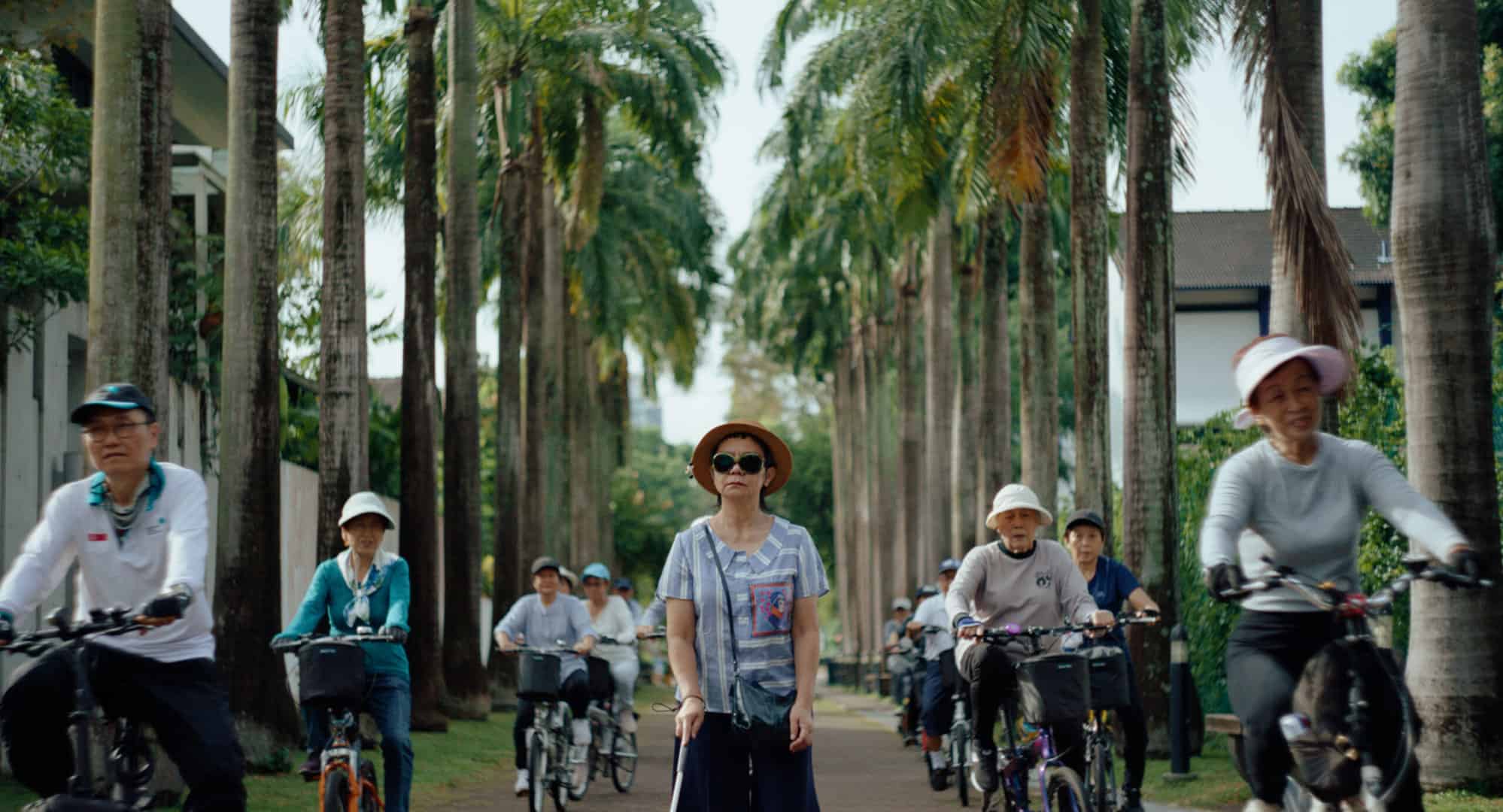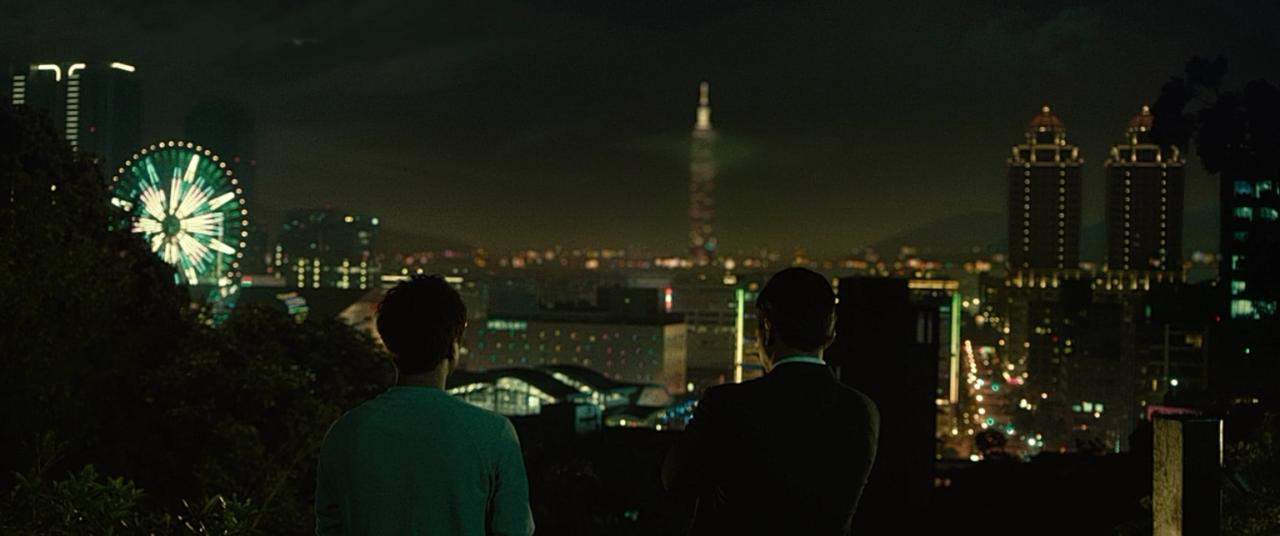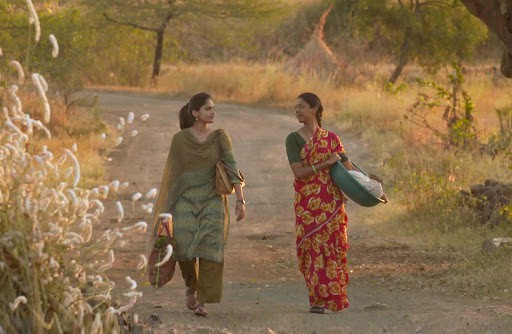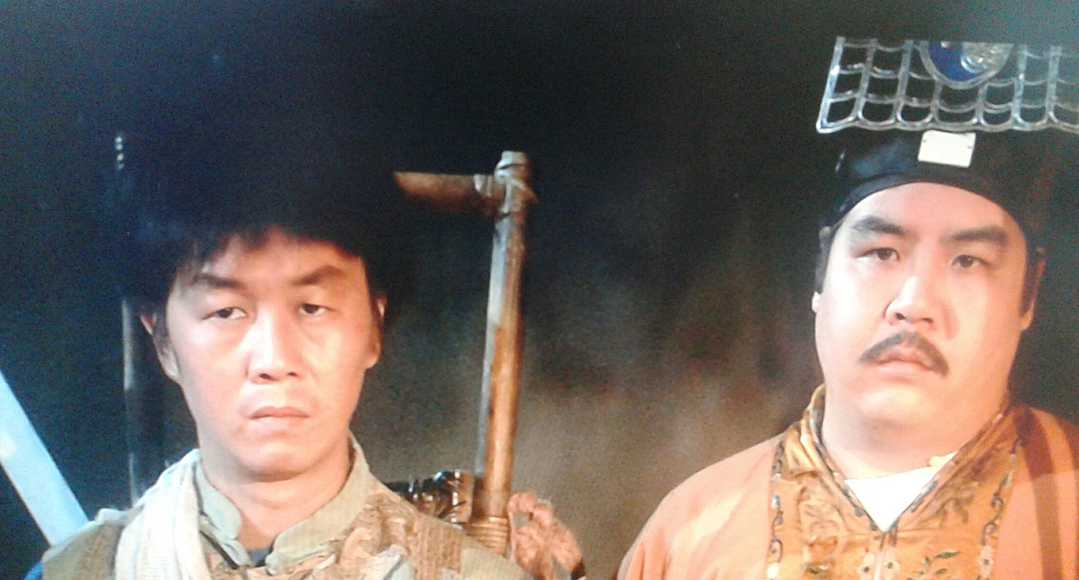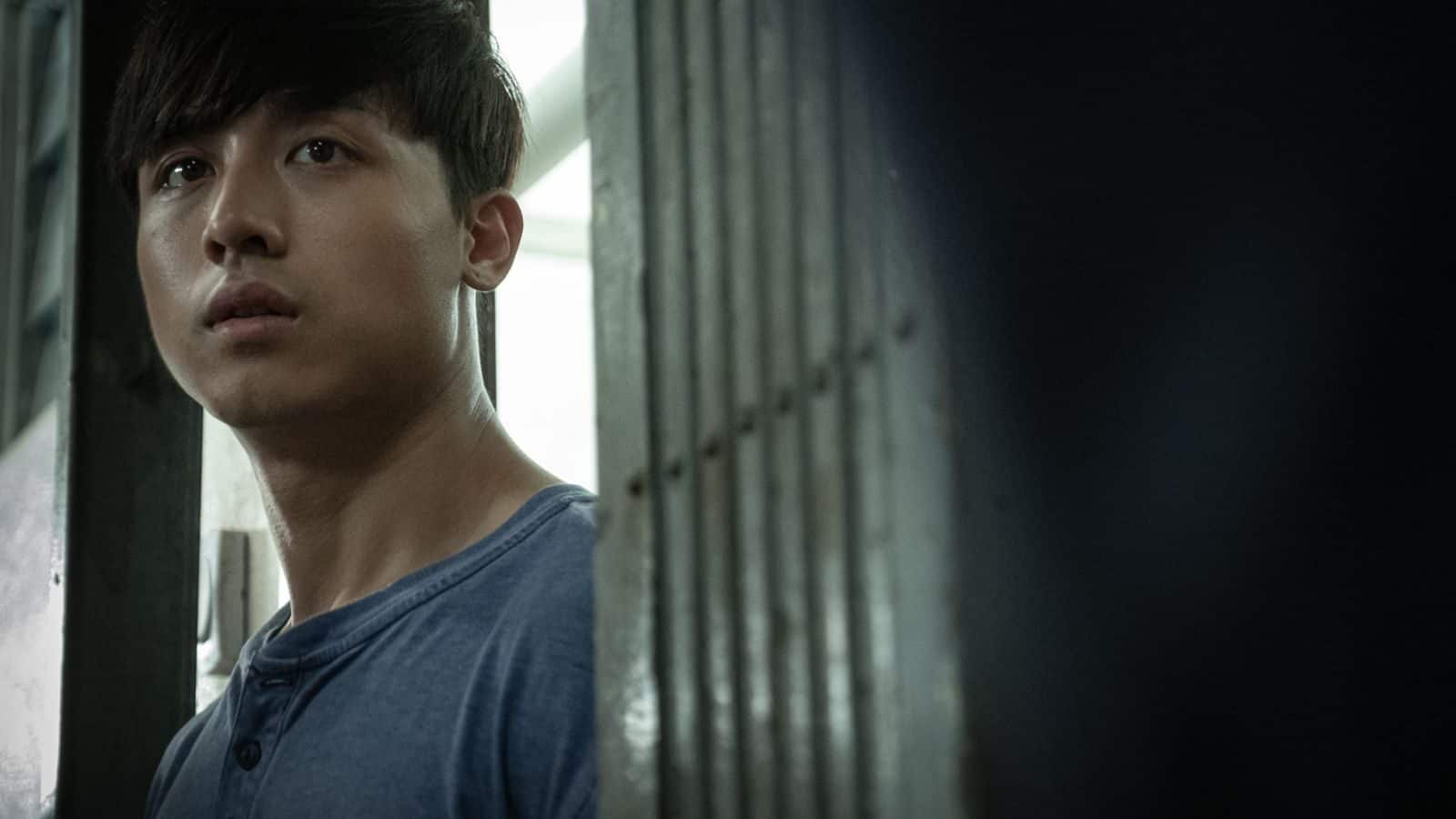Back in Rotterdam with his Taiwanese-Dutch production Dead & Beautiful, the IFFR regular David Verbeek had a world premiere of his genre-bending drama (which screened in the Limelight section) whose plot centers around five uber-rich young people and their attempts to feel real life by “taking turns”.
Dead and Beautiful screened at International Film Festival Rotterdam

The rules of the game are allegedly simple. “Turns” happen on weekends, when one of the five tries to impress the rest of the gang by organizing an unforgettable, unique experience. Any genuine emotion – extreme happiness, deep fear or immense sadness is a welcome reaction. But, it turns out that it's very difficult to impress a billionaire, and almost impossible to impress four billionaires at the same time. Money alone isn't enough to ignite fire in any of them, and the race for the best show begins.
Verbeek came up with the idea for the film almost a decade ago, with the original plan to shoot it in one of the fast growing, modern Chinese cities that don't lack in impressive architecture, expensive cars, nor rich people. Due to multiple problems that plan had shattered twice, and finally, the decision to shoot it in Taipei came as the most logical choice. The biggest challenge related to it was finding the places of opulence required to paint the picture of an unimaginable privilege his main characters enjoy. At the end, that problem was solved by a very selective approach to the choice of locations.
In the very long plotting process for “Dead & Beautiful”, Verbeek had completed other films that made it to Rotterdam as well. His project aged well, going slightly different directions over the course of the time. The script went through minor changes, with the director allowing himself the liberty of keeping bits of it a secret from his cast, letting the surprise kicking in.
Sometimes, being stubborn about one own's ideas, especially if those feed on unique visions, pays off and Dead & Beautiful is a perfect example of it. Highly entertaining, well written and with the cinematographer Jasper Wolf's (Alejandro Landes' Monos) bluer than the blue representation of the parallel reality we can't even fathom, crisp and clean, and with incredibly well captured night scenes – clear and beautiful, this fresh take on the world of vampires is a joy-ride. The use of neon lights was rarely this sexy without as much as calling for naked skin. And when we get a piece of it towards the end, it's not the sexiness that calls for our attention.
The film starts off with the first prank, although the viewer won't be aware of it until the very end. You don't have to wait long for the story to move to the next one. In the next scene, we are introduced to Mason van der Bilts (Gijs Blom), Anastasia Rublov (Anna Marchenko), Alex Tsai (Yen Tsao) and Lulu Wong (Aviis Zhong) who get together in one of Taipei's most luxurious restaurants to mourn the death of their friend Bin-Ray Lo (Philip Juan) who is, as it turns out, not only alive and kicking, but pretty much ready to party straight out from his “death cake” where he was patiently waiting to see how much he would be missed in case of his real death. And at the same time- the wealthiest of them all (the numbers of each family's wealth is given pretty much at the beginning), Lulu, is the first to feel deep loathing about the way of life they all lead.
The boredom of the wealthy who would want to feel and smell the reality is given in equally funny and tragic colours. Only moments after his announcement that he started studying Buddhism, Miles attacks a group of people immersed in their own talks and drinking. He is followed by the other two male friends, and since money talks – the victims get kicked out of the realm of rich.
“Dead & Beautiful” couldn't have come at a better moment, addressing the obvious. The gap between the rich and the poor has never been this transparent since the introduction of so-called modern parliamentary democracies. Additionally, it points out at something else – the standard representation of people casted in genre films. In his “vampire dairy”, Lo Bin- Ray writes: “It's funny to be a Chinese vampire, we usually see white vampires or black vampires, like Wesley Snipes”, which completely plays along the tunes of the Asian tradition where vampires play practically no role, but in a larger picture, Asian people being erased from the genre-film plotting, is incomprehensible.
What the director likes to address is the film coinciding with Donald Trump's presidency who so clearly put the interest of the powerful and wealthy before anyone else's. The political references aside, “Dead & Beautiful” goes many places, but most of all – it shows the ability to surprise, even the genre audience used to sniff the way a narrative unfolds. You think you've got it figured – well, think twice, because this is not going to be your custom-tailored vampire story. Actually, this won't be a vampire story at all, until it finally turns into one, seconds away from the closing credits.


